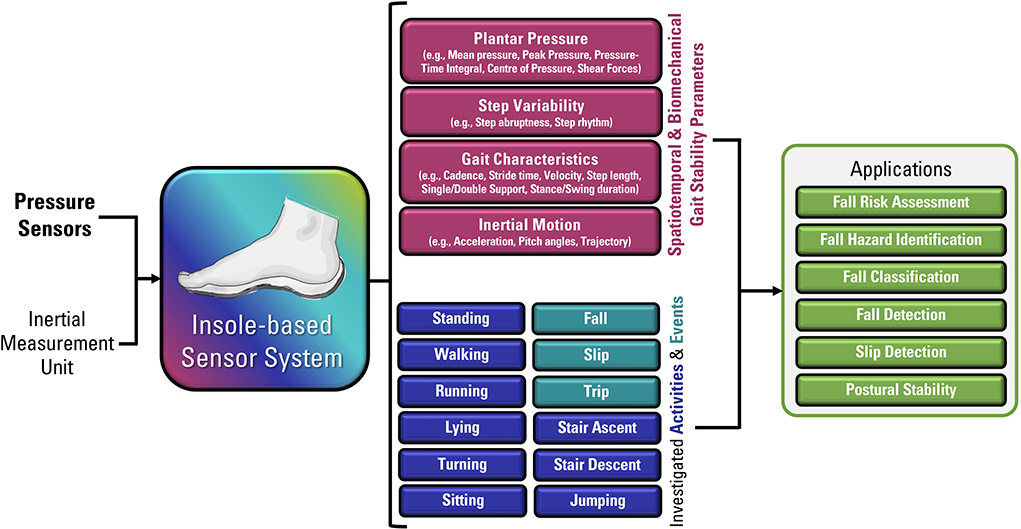Dementia Fall Risk for Dummies
Dementia Fall Risk for Dummies
Blog Article
Indicators on Dementia Fall Risk You Should Know
Table of ContentsThe Best Strategy To Use For Dementia Fall RiskThe Greatest Guide To Dementia Fall RiskThe 15-Second Trick For Dementia Fall RiskThe smart Trick of Dementia Fall Risk That Nobody is DiscussingFascination About Dementia Fall Risk
However, based upon indications and symptoms, such as evidence of head injury or a brand-new focal neurologic deficiency, computed tomography or MRI of the mind may be indicated - Dementia Fall Risk. An assessment for reasons of syncope need to be performed only if there is strong suspicion, as when it comes to recurrent, unexplained falls
Health care companies utilize a fall risk analysis to determine your threat factors for dropping and make practical recommendations. A loss danger evaluation is crucial because knowing which variables boost your opportunities of dropping helps you: Lessen your threat of dropping or harming yourself.
Optimize your ability to move and be energetic. Maintain a healthy and balanced, independent life. All adults 65 years and older ought to have a preliminary fall danger screening. Your doctor may ask you whether you: Feel unsteady when standing or walking. Have dropped in the past year. Worry regarding falling. If you respond to yes to any of these inquiries, your doctor will advise an extra, a lot more detailed evaluation.
9 Simple Techniques For Dementia Fall Risk

Discover this extensive nursing treatment plan and management overview to efficiently avoid risk for falls among clients. Acquire essential expertise about the nursing analysis, taking care of diagnosis, and goals particularly tailored to people that go to threat for falls. A is defined as an event that results in an individual coming to relax inadvertently on the ground or flooring or various other reduced degree (WHO, 2021).
According to the Centers for Illness Control and Prevention (CDC),, causing over home 34,000 fatalities for that age group. Dropping is the second leading cause of death from unintentional injuries worldwide. Fatality from drops is a significant and endemic problem among older individuals. It is estimated that loss fatality rates in the united state

Yearly, over 800,000 clients are hospitalized due to drops. Nurses play a major duty in stopping succumbs to their web link individuals via education, evaluating fall risk, developing safer atmospheres, and supplying treatments in avoiding injuries from drops. Numerous threat factors and problems add to drops, consisting of the following:. Aged 65 years and older; lower limb prosthesis; usage of assistive tools such as pedestrian, crane, and mobility device; living alone.
Patient will certainly show discerning prevention actions. Person and caretakers will implement approaches to boost This Site security and protect against falls in the home. Falls result from several factors, and a holistic technique to the specific and setting is essential. Mean an individual is taken into consideration at high danger for drops after the testing.
Examine This Report on Dementia Fall Risk
A needs utilizing a validated device that scientists have analyzed to be beneficial in calling the sources of falls in an individual. As a person's health and circumstances change, review is needed. The degree of autumn threat can be identified using the analysis of innate and external factors. Requirement evaluation devices can also be utilized (reviewed listed below).
People are more probable to drop once more if they have sustained one or even more drops in the previous 6 months. The older populace is at boosted danger of fall-related readmissions based on a research recognizing the variables predictive of repeat drops linked results (Prabhakaran et al., 2020). Individuals with impaired understanding and disorientation may not recognize where they are or what to do to help themselves.
The capability of individuals to safeguard themselves from falls is affected by such elements as age and advancement. Older individuals with weak muscles are extra likely to fall than those that keep muscle stamina, flexibility, and endurance.
Not known Details About Dementia Fall Risk
Much less comparison sensitivity was rather related to both increased prices of drops and other injuries, while lowered visual acuity was just related to boosted autumn rate (Wood et al., 2011). Sensory understanding of ecological stimuli is critical to security. Vision and listening to problems limitation the patient's ability to perceive hazards in the surroundings.
Older grownups who have inadequate equilibrium or difficulty walking are most likely to fall. These issues might be associated with lack of exercise or a neurological cause, joint inflammation, or other medical conditions and treatments. An important threat element highlighted in a research is that adults with rheumatoid joint inflammation are at high danger of drops, consisting of inflamed and tender reduced extremity joints, exhaustion, and use psychotropic medicines (Stanmore et al., 2013).
Report this page